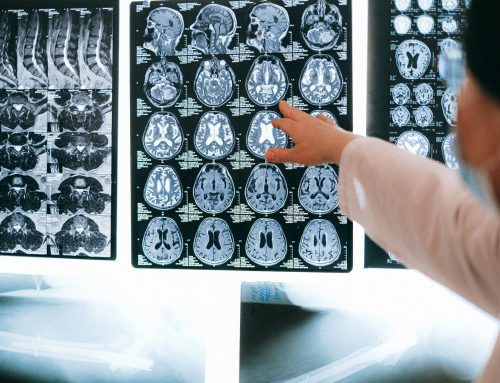We have long suspected the relationship between the mind and body, with research confirming this link over the past several decades. Stress, in particular, has a significant impact on the body, as well as brain functioning. When the body is under significant and prolonged stress, the hormone cortisol is released, which can lead to inflammation and a strain on the immune system. Multiple other body systems can be impacted by stress (either acute or chronic), including the digestive, cardiovascular, musculoskeletal, reproductive, and neurological systems. Digestively, stress can impact appetite and eating habits, as well as place strain on the digestive system and create or exacerbate ulcers, irritable bowel syndrome, or heartburn. Stress taxes the heart in the form of increased blood pressure or even a heart attack, should prolonged periods of stress occur. Chronic pain is another issue commonly associated with stress, in part due to the resulting inflammation. Stress has also been thought to play a role in reproductive health, affecting both sperm quality and menstrual cycles.
The brain is also impacted by stress, particularly when an individual is exposed to long-term and significant stressors, such as abuse or neglect. When examining the brains of individuals who have experienced trauma, differences were seen in the prefrontal cortex (executive center responsible for regulating attention and emotions, as well as making decisions), hippocampus (memory center), and limbic system (“fight or flight” and emotional center). The brain also becomes more sensitive to epinephrine (the “fight or flight” hormone released during stress) and cortisol, meaning it can become aroused much more easily when it senses a threat or stressor.
For these reasons, many medical practitioners are integrating mental health into their practices and treatment plans. Some providers might not routinely ask about mental health during a medical visit, so sharing these details can help them provide the best treatment. Additionally, there are several mental health conditions that are tied to physical health, such as Illness Anxiety and Somatic Symptom Disorder, in which physical and mental health symptoms interfere with daily functioning.






